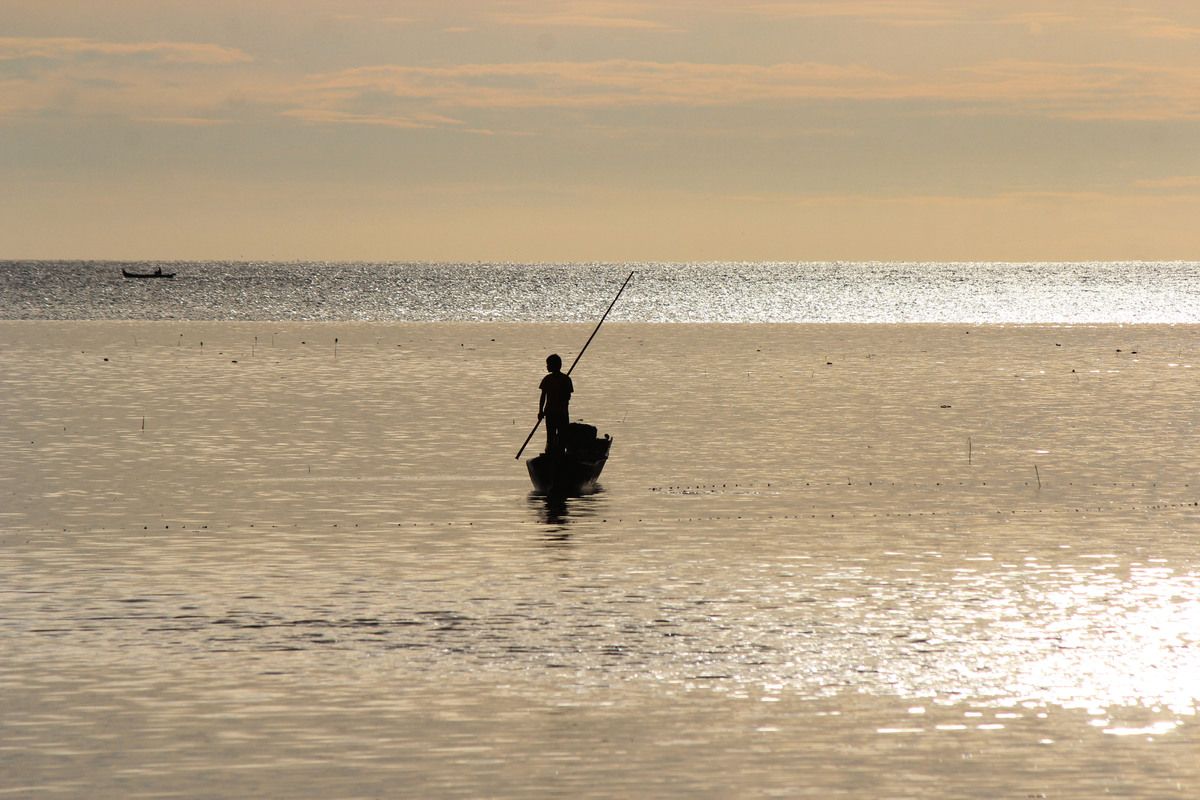Japan to Release 1M Tons of Fukushima Radioactive Water into the Sea in 2022

TOKYO, KOMPAS.com – Japan will release more than 1 million tons of treated radioactive water from the Fukushima nuclear plant into the sea, according to media reports in the East Asian nation.
The expected release of Fukushima’s treated radioactive water comes after a decades-long operation that has been with strong opposition from local fishermen.
The Fukushima water has been filtered to reduce radioactivity and its release into the sea is expected to start in 2022 at the earliest, according to national dailies the Nikkei, the Yomiuri, and other local media.
Read also: Shinzo Abe’s Successor Faces a Slew of Challenges in Leading Japan
The decision ends years of debate over how to dispose of the liquid that includes water used to cool the Fukushima Daiichi power station after it was hit by a massive tsunami in 2011.
A Japanese government panel said earlier this year that releasing Fukushima's treated water into the sea or evaporating it were both "realistic options".
"We can't postpone a decision on the plan to deal with the... processed water, to prevent delays in the decommission work of the Fukushima Daiichi nuclear power plant," Chief Cabinet Secretary Katsunobu Kato said Friday, without commenting directly on the plan or its timing.
There are around 1.23 million tons of wastewater stored in tanks at the facility, according to plant operator TEPCO, which also declined to comment on the reports.
Environmental activists have expressed strong opposition to the proposals, and fishermen and farmers have voiced fear that consumers will shun seafood and produce from the region.
Read also: China Detects Traces of Coronavirus in Ecuadorian Shrimp Packaging
South Korea, which bans imports of seafood from the area, has also repeatedly voiced concern about the environmental impact.
A decision is becoming urgent as space to store the water — which also includes groundwater and rain that seeps daily into the plant — is running out.
Most of the radioactive isotopes have been removed by an extensive filtration process — but one remains, called tritium, which cannot be removed with existing technology.
The expert panel advised in January that discarding the water into the sea was a viable option because the method is also used at working nuclear reactors.
Tritium is only harmful to humans in very large doses, experts say. The International Atomic Energy Agency argues that properly filtered water could be diluted with seawater and then safely released into the ocean.


































